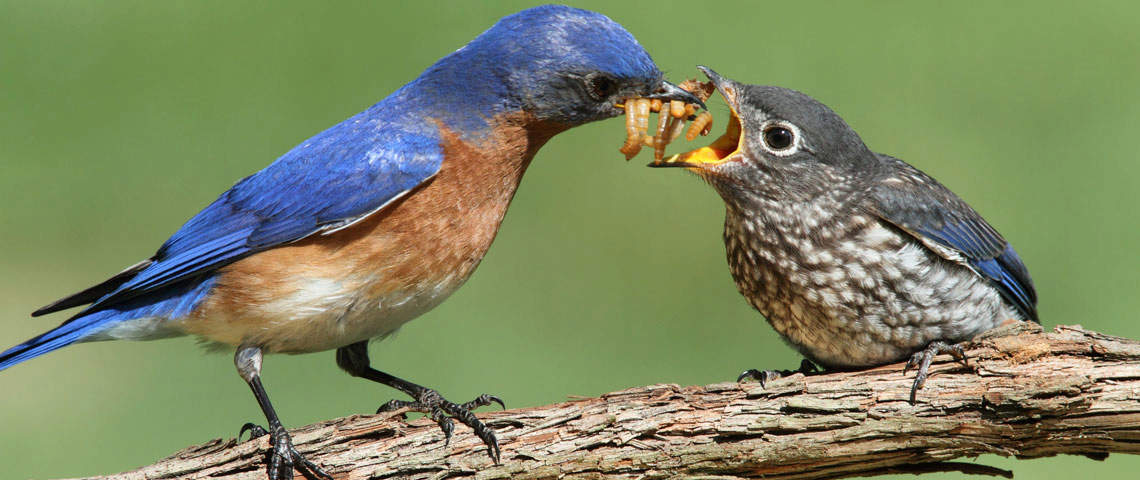
Caring for Baby Birds: A Comprehensive Guide
Introduction
Baby birds, also known as nestlings, are fragile and vulnerable creatures that require specialized care to thrive. Whether you encounter an orphaned or injured baby bird, it is crucial to provide them with the appropriate attention and support to ensure their well-being. This comprehensive guide will provide you with detailed instructions on how to care for baby birds, covering essential aspects such as feeding, housing, hygiene, and medical attention.
Assessing the Situation
Before handling a baby bird, it is important to assess the situation and determine if intervention is necessary. Observe the bird from a distance to determine if it is injured, orphaned, or simply lost. If the bird is injured or has visible wounds, seek professional veterinary assistance immediately. If the bird is orphaned, meaning it has been separated from its parents, you will need to provide care until it is old enough to be released back into the wild.
Feeding Baby Birds
Feeding baby birds is a critical aspect of their care. The type of food they require depends on their species and age.
- Insectivores: Baby birds that eat insects, such as robins and sparrows, should be fed a diet of live insects, such as mealworms, crickets, and waxworms.
- Omnivores: Baby birds that eat both insects and fruits, such as blue jays and mockingbirds, can be fed a combination of live insects and soft fruits, such as berries and bananas.
- Frugivores: Baby birds that primarily eat fruits, such as tanagers and orioles, should be fed a diet of soft fruits and fruit-based baby food.
To feed a baby bird, use a pair of tweezers or a syringe to gently place the food into its mouth. Do not overfeed the bird, as this can lead to digestive problems. The frequency of feeding will vary depending on the species and age of the bird.
Housing Baby Birds
Baby birds require a warm and secure environment to rest and grow.
- Nest: Create a nest for the baby bird using a small box or basket lined with soft materials, such as cotton balls or shredded paper.
- Temperature: Baby birds need to be kept warm, especially during the first few days of life. Place a heating pad or hot water bottle under half of the nest, ensuring that the bird has access to both warm and cool areas.
- Humidity: Baby birds also require a humid environment to prevent dehydration. Place a shallow dish of water in the nest or use a humidifier to increase the humidity level.
Hygiene
Maintaining proper hygiene is essential for the health of baby birds.
- Cleaning: Regularly clean the nest and remove any soiled materials.
- Bathing: Baby birds do not need to be bathed, but you can gently wipe their feathers with a damp cloth to remove any dirt or debris.
- Feces: Baby birds will defecate frequently. Remove feces from the nest as soon as possible to prevent the spread of bacteria.
Medical Attention
If you suspect that a baby bird is injured or ill, seek professional veterinary assistance immediately. Common signs of illness in baby birds include:
- Lethargy: The bird is inactive and unresponsive.
- Difficulty breathing: The bird is gasping for air or has a wheezing sound.
- Diarrhea: The bird has loose or watery stools.
- Vomiting: The bird is regurgitating food or fluids.
- Swelling: The bird has swelling around its eyes, beak, or feet.
Releasing Baby Birds
Once a baby bird is old enough and healthy, it is time to release it back into the wild.
- Age: The appropriate age for release varies depending on the species. Consult with a wildlife rehabilitator or veterinarian for guidance.
- Location: Release the bird in a safe and suitable habitat for its species.
- Time of day: Release the bird early in the morning or late in the evening when predators are less active.
- Supervision: Observe the bird from a distance to ensure that it is able to fly and find food.
Conclusion
Caring for baby birds requires patience, dedication, and specialized knowledge. By following the instructions outlined in this guide, you can provide these vulnerable creatures with the necessary care and support to help them thrive and return to the wild. Remember to always seek professional assistance if you have any concerns about the health or well-being of a baby bird.
